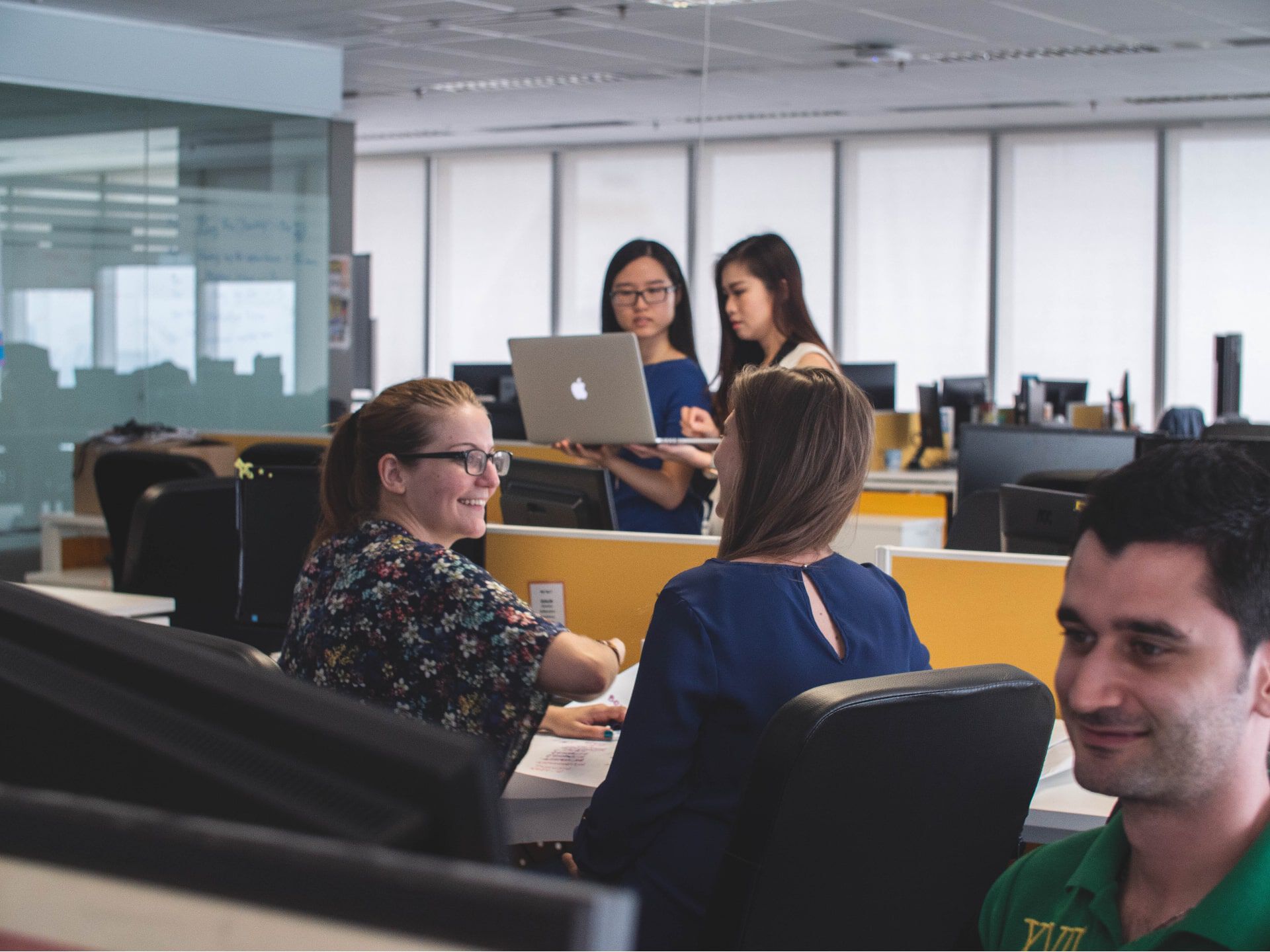THE 5 WORST WORKPLACE INVESTMENTS TO MAKE IN A RECESSION
The worst office investments you could make in a potential economic downturn
4 minute read
If you’re still figuring out how to handle operations post pandemic, you’re not alone. According to a survey by McKinsey only one in ten organizations have a clear way forward, and most companies don’t yet have a detailed plan for the future. With the added worry of a recession soon, there is a lot of pressure on companies to implement their vision. These stresses can result in hurried choices and costly consequences.
Creating a blueprint for your company’s future workplace requires planning and some insight on what to avoid. Here are some of the worst investments you can make in a potential economic downturn.
#1 : Abandoning Your Office Too Soon
The numbers may be surprising, a poll by Generation Lab found that Generation Z wants the office experience — 40% of recent graduates and students surveyed said they would prefer fully in-person work, while 39% want a hybrid workplace.
The newest members of the workforce feel they will miss out on important knowledge, skills and opportunities with fully remote work. Hybrid workplaces will be an important element in recruiting and retaining the best talent from the younger generation of employees. Consider the office an investment in your company culture and future of your workforce.
#2 - Buying Expensive Traditional Office Furniture
The cubicle, as we know it, is over 50 years old. Coincidentally, the way big furniture dealers sell furniture has remained the same for just as long. That's because they continue to sell furniture systems that, once installed, are difficult to reconfigure and generate additional revenue for them to make changes to your office. It's not unusual for cubicles to require expensive installation, including having to relocate power and require electricians to simply add a desk. Cubicles have a host of other problematic outcomes; including the chronic aches and pains from their one size fits all model, and the fact that sitting all day can cause all kinds of serious health problems.
Flexible furniture is the modern furniture solution to craft a healthy and productive workplace.
#3 - All the wrong amenities
Having a basketball court on site is a lot of fun, but if your employees don’t feel considered, you aren’t scoring. Amenities are the cherry on top of a great cake, not a way to plaster over a toxic working environment. Research from WorkDesign magazine finds that flashy amenities like gaming areas are not as valued by staff as providing resources to support the employee experience. So before investing in a cappuccino machine that costs as much as a small car, consider getting your people sit-stand desks; studies have found they boost productivity and help employees stay focused and alert throughout their work day.
Shifting resources towards wellness enables employees to work better, and boosting morale, engagement and productivity is what makes companies flourish.
#4 - Idealizing Tech
Investing and rolling out new systems and hardware is an expensive and frustrating business. Technology created the conditions for the current revolution in working, but it should not be an outrageous expense or get in the way. Recent research from Gartner shows that at least 56% of companies said they regret the big IT purchases they've made. With many of them taking over 6 months in deciding to make the purchase, it seems it wasn’t even a case of not having enough time to consider their options. A great take away from their mistake is not to assume investing in technology is the magic bullet. Focus on what works and has been stress tested; maintaining coherence and functionality with your IT strategy is a better plan of action than chasing the idea that any one technology can solve all your problems.
#5 - Hiring the wrong person
New hires are expensive and the consequences of a bad hire affect more than the bottom line. A bad hire can lower employee morale and productivity, and in extreme cases; alienate other staff members to the point of resignation. With the cost of recruitment, interviewing, onboarding and training; it may seem easier to keep the person onboard, but over time they will cost you more and more.
Quickly replacing people or taking on new people to meet a demand may seem like the best plan of action in the current labor market, but the effects of a bad decision in this case are costly. Release the pressure to hire quickly and only employ people that are fully vetted, qualified and a good fit for your company.
Of course it might be difficult to avoid all these pitfalls, especially with the changing tide in the economy and global working culture. It’s important not to be discouraged by any of the challenges presented, “All change is preceded by chaos'' is Deepak Chopra’s extremely astute observation, so allow for patience in the process.


